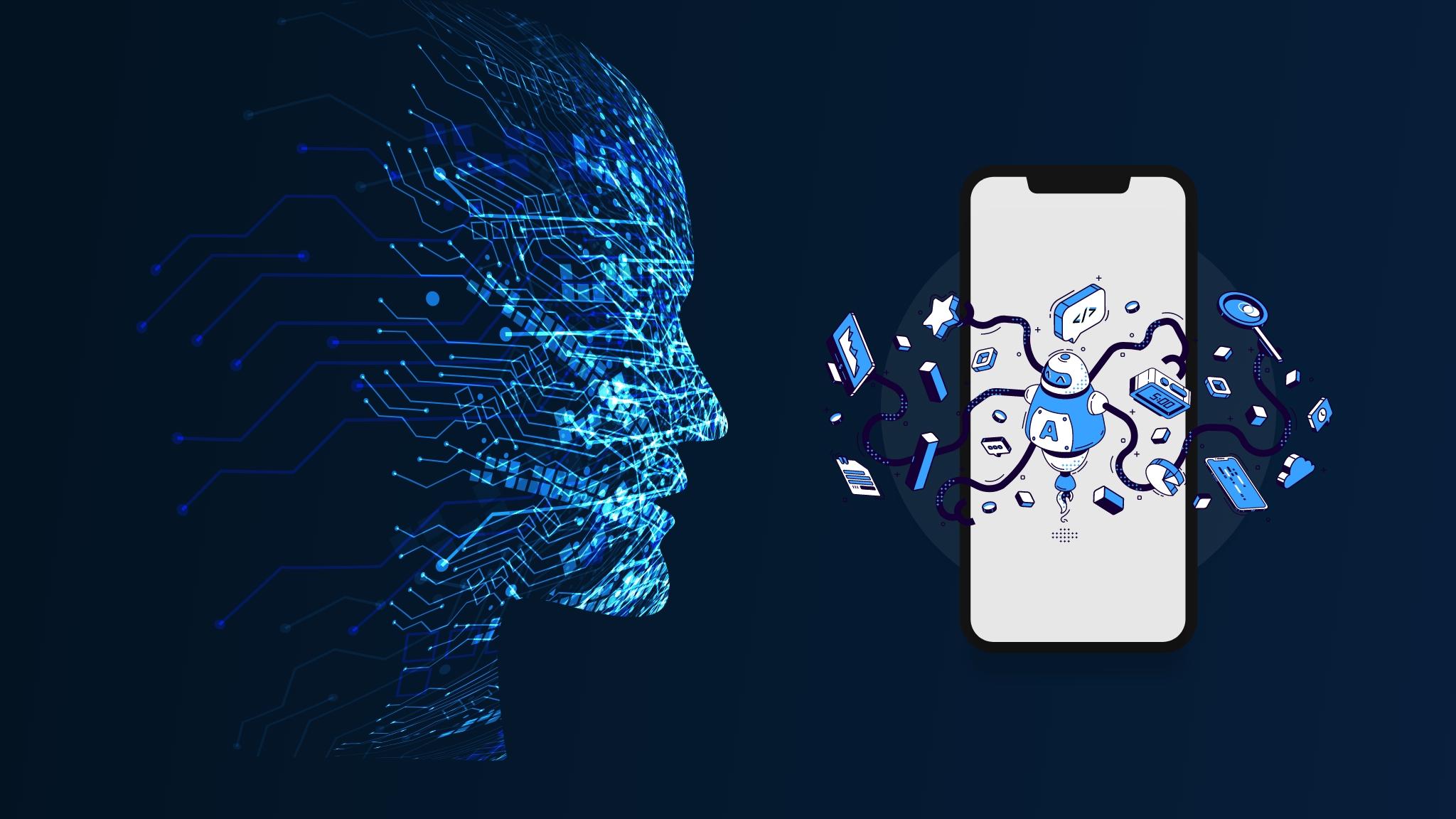Explore how AI and Machine Learning are revolutionizing mobile applications, enhancing personalization, security, automation, and overall user experience.

AI and Machine Learning: Transforming Mobile Apps 🔄
Artificial Intelligence (AI) and Machine Learning (ML) are revolutionizing the mobile app landscape, transforming how we interact with our devices. From personalized recommendations to smart automation, AI and ML bring a level of intelligence that enhances user experience, drives engagement, and creates powerful, efficient solutions. Let's explore how AI and ML are making an impact in mobile applications.
Personalization and Recommendations 🎯
One of the most significant ways AI impacts mobile apps is through personalization. Apps like Netflix, Spotify, and Amazon use AI to understand user preferences and offer tailored content and product recommendations. Machine learning algorithms analyze user behavior, preferences, and habits to deliver a customized experience that keeps users engaged and coming back for more.
Natural Language Processing (NLP) 🗣️
Natural Language Processing (NLP) is used to make mobile apps smarter and more interactive. NLP powers voice assistants like Siri, Google Assistant, and Alexa, allowing users to communicate with their devices using natural language. This technology is also used in chatbots for customer support, making interactions faster and more intuitive by understanding and responding to user queries in a human-like manner.
Image Recognition and Augmented Reality (AR) 📸🔍
AI-powered image recognition technology allows mobile apps to identify objects, faces, and scenes within images. Apps like Google Lens use image recognition to provide real-time information about objects captured by the camera. Augmented Reality (AR) apps also use ML to enhance user experiences by overlaying virtual elements in the real world, as seen in apps like IKEA Place and Snapchat filters.
Predictive Analytics 📊
Predictive analytics is another key area where AI is making an impact. By analyzing user data, AI can predict user behavior and suggest actions or content that is most relevant. For example, e-commerce apps can predict products users might be interested in based on their past behavior, while health apps can use predictive analytics to provide personalized insights into users' health trends.
Smart Automation 🤖
AI enables smart automation in mobile apps, making tasks easier and more efficient. For instance, AI can automate processes like booking appointments, setting reminders, or even autofilling forms. By automating routine tasks, mobile apps save users time and effort, creating a smoother and more convenient experience.
Security and Fraud Detection 🔒
AI and ML are also enhancing the security of mobile apps. By continuously monitoring user behavior, AI algorithms can detect suspicious activity and prevent fraud. Apps in the finance sector, such as mobile banking apps, use AI to identify and flag unusual transactions, helping keep user data safe and secure.
Voice and Speech Recognition 🎙️
Voice and speech recognition powered by ML algorithms has become an essential feature in many mobile applications. This technology allows users to interact with apps hands-free, making it especially useful in apps related to accessibility, productivity, and communication. Apps like Google Translate also leverage voice recognition to provide real-time translations, breaking down language barriers.
Machine Learning Frameworks for Mobile Development 🛠️
Developers have access to a wide range of ML frameworks to integrate AI capabilities into their mobile apps. Frameworks like TensorFlow Lite, Core ML, and ML Kit provide powerful tools to build, train, and deploy ML models efficiently. These frameworks make it easier to bring AI capabilities directly onto mobile devices, enabling offline capabilities and reducing latency.
AI and ML are changing the landscape of mobile app development, enabling developers to create smarter, more engaging, and more efficient applications. From personalization to security, the integration of AI technologies brings significant improvements to user experience. As AI continues to advance, its role in mobile app development will only grow, paving the way for innovative solutions that redefine how we interact with our devices. 🤖📱
Your email address will not be published. Required fields are marked *